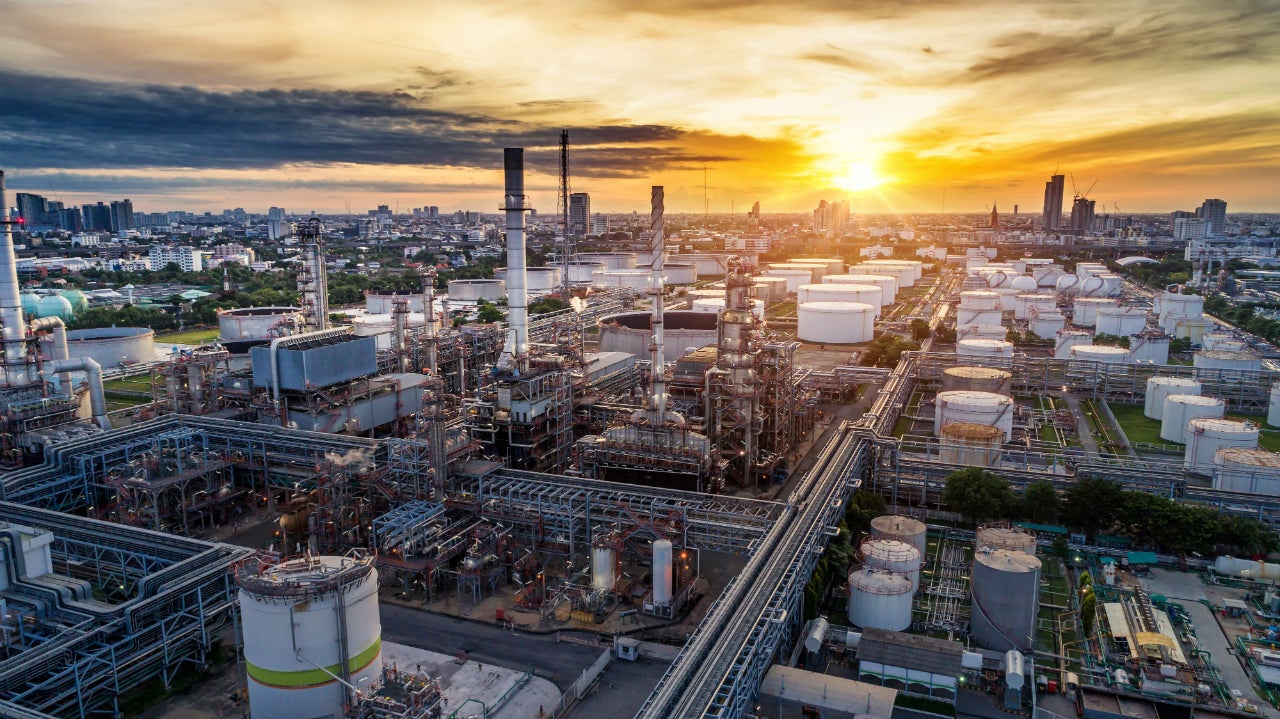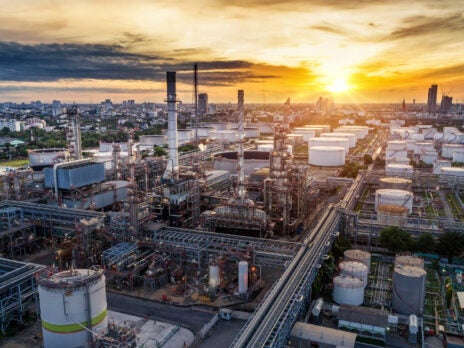
Minimising downtime in any industry is critical. But within the petrochemical industry, it’s even more so. During downtime, these plants have the potential to not only release emissions into the environment but to also lose money.
However, completing all of the necessary repairs within such a limited amount of time is easier said than done. With harsh, corrosive chemicals and substances used in petrochemical manufacturing, components – such as turbine casings, pump casing, compressor housings, ball valve seats, extruders, and heat exchangers – wear down easily. While methods like thermal sprays and epoxy-filled coatings are available, the reality of using these repair processes is often not possible due to various limitations such as logistics, difficulties with disassembling the equipment to complete the repair, and the actual long-term performance and reliability of the method. This is why Turnaround and Shutdown Managers look at selective plating as a viable option.
Thermal spray coatings form a mechanical bond. In a mechanical bond, the coating is not fused to the substrate, but adhesion is dependent upon proper surface preparation prior to the coating. This means that the surface to be coated must be rough enough to provide ‘hooks’ for the sprayed material to hang on to and is often achieved through high-pressure grit blasting. When worried about complex geometries or part distortion, thermal sprays may not be the best choice and other options may be recommended.
Epoxy-based coatings adhere to the substrate like an epoxy glue and typically achieve adhesion of 1,500 psi to 5,000 psi. For comparison, selectively plated deposits have adhesion of 10,000 psi. During adhesion testing of these selectively plated deposits, the glue, holding the sample, fails before the plating delaminates – which cannot be said of all epoxy-based applications.
Selective plating forms an atomic bond. With atomic bonding, the ions of the metals (going from solution to the substrate) are connecting to form an ionic bond. Atomic bonds are resistant to cyclical temperature fluctuations and sharp, direct impact. This durability of the surface coating is important when subjected to corrosive environments such as in the petrochemical industry. What’s more, repairs with selective plating can be made quickly and often in-situ with water-based electrolyte solutions, which meet various requirements, whether that’s for hardness, corrosion, wear and heat resistance.
For complex components with unique dimensions and tolerances such as those in the petrochemical industry, each application will be unique. SIFCO ASC has a variety of nickels, sulfamate nickels, and nickel alloys specifically developed for selective plating that deposit 60 times faster than tank plating. While all repairs are evaluated on a case by case basis and take into account disassembly, downtime, throughput, and other internal factors, when comparing repair options for the petrochemical industry, selective plating should not be overlooked.
To learn more about using the SIFCO Process® of selective plating, please visit Sifcoasc.com or call 800-765-4131.




